Forrester: companies rethink retail technology investments amid uncertain times
The Covid-19 pandemic years have left companies drowning in a sea of online delivery and returns costs compounded by a mad collection of homegrown or stitched together technologies.
In 2023, as economic uncertainty crashes around us, consumer brands and businesses selling to other businesses will take a hard look at the touchpoints that don’t convert and costs that crush the bottom line.
That’s according to Forrester which predicts that companies will rethink their technology investments to optimise experiences while boosting inventory and fulfilment.
In 2022, in a flurry of pandemic induced panic, consumer brands and businesses selling to other businesses ramped up investments in commerce moments, delivery promises, and the technology to fulfil them.
In 2023, amidst historic inflation and economic uncertainty, companies will keep revenue front and centre by funnelling investment into the moments that matter.
For years, brands and retailers have prioritised policies that break down barriers to purchase, including overnight delivery and infinite returns policies.
While they won’t all revert to fees for returns (as Zara announced), in 2023, they’ll stop serving a smorgasbord of free shipping, fast delivery, free returns, and lifetime guarantees.
Instead, they will prioritise the needle movers like free shipping (which Forrester’s 2022 data shows 75% of US online adults find most influential to their online purchase decision) and nix costly overpromises like next/same-day delivery (only 21% of US online adults are influenced by this).
They will simultaneously optimise fulfilment while building trust through inventory transparency.
In 2023 at least a quarter of digital businesses will double down on optimisation technology and operations such as cloud-based order management systems to consolidate shipments and creatively manage fulfilment (e.g., gigification of last mile, limited delivery days per route).
Three suppliers will launch ventures to build industrial endless aisles. In 2022, Amazon and The Home Depot launched venture funds with a focus on worker safety and last mile logistics, funding robotics and crowdsourced delivery platforms.
Next year, a new crop of funds from as many as three B2B mega-distributors — possibly HD Supply, MSC Industrial Supply, and Sonepar — will set out to solve availability by fulfilling orders from multiple sellers’ inventories.
No supplier will be out of stock until all suppliers in the network are out of stock, as they turn to a cooperative model to support B2B’s massive growth.
Through these alliances - the equivalent of an industrial “endless aisle” - brands and their distributors will reimagine their joint relationship in serving customers, forging new customer data sharing agreements that preserve privacy and boost demand planning.
One third of digital businesses will regret playing “software company”
Forrester’s 2022 data shows 44% of software decision makers whose organisation has or plans to adopt B2C commerce solutions are evaluating or plan to replace their commerce platforms.
In 2023, a third of digital businesses will abandon or restructure midstream projects that prove too complex to execute or maintain. Some digital businesses are overcorrecting as they abandon proprietary and legacy tech to embrace the most custom and flexible - but massively complex - commerce tech ecosystems.
From custom user interfaces to innumerable integrations, these systems require firms to orchestrate - and maintain - every aspect of their tech ecosystem. In their second and third years, new implementations will fail, and custom UIs will crumble from post launch neglect.
Digital businesses will pivot to reengage with commerce solutions that balance ecosystem management, business user experiences, and function first tech buying enablement.
Elsewhere, brands will add entertainment to the front of their DTC playbooks. Two direct media to purchase pipelines set the stage for an explosion of creative commerce in 2023.
First, Amazon’s deal for NFL Thursday Night Football and Walmart’s deals with Disney+ and Paramount+ provide the technology and data backbones between streaming services and marketplaces.
Forrester predicts that Netflix and other platforms will follow suit. Second, transactable ads (where a consumers can buy directly from the display ad) gives Snapchat, TikTok, and other mobile platforms a way to offer personalised ads with a direct link between the clip and the purchase.
Forrester says: “In 2023, we predict that at least 25 brands will use these direct connections to test creative variations of ads and content and assess their immediate impact on purchases.”
“Imagine the glee - and the organisational overhaul needed - as a brand’s marketers, merchandisers, trading desks, and tech support teams pony up to the same table to ramp up a holiday promotion at halftime or between Simpsons episodes.”

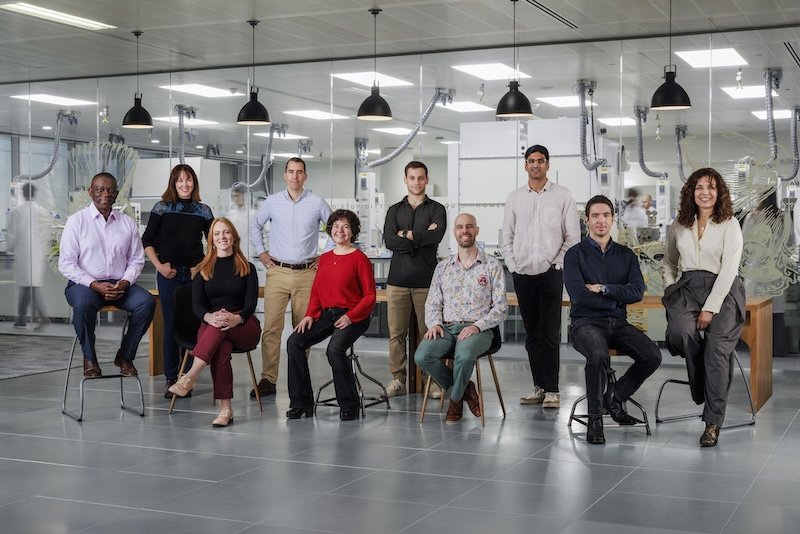
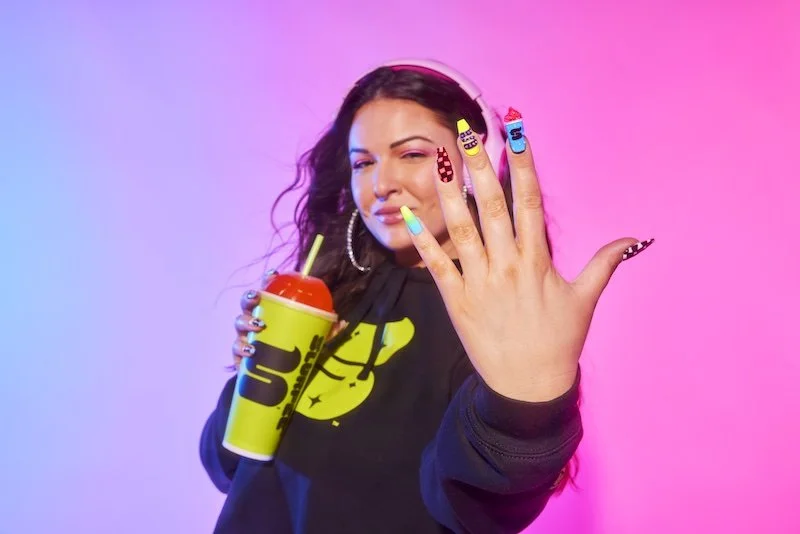
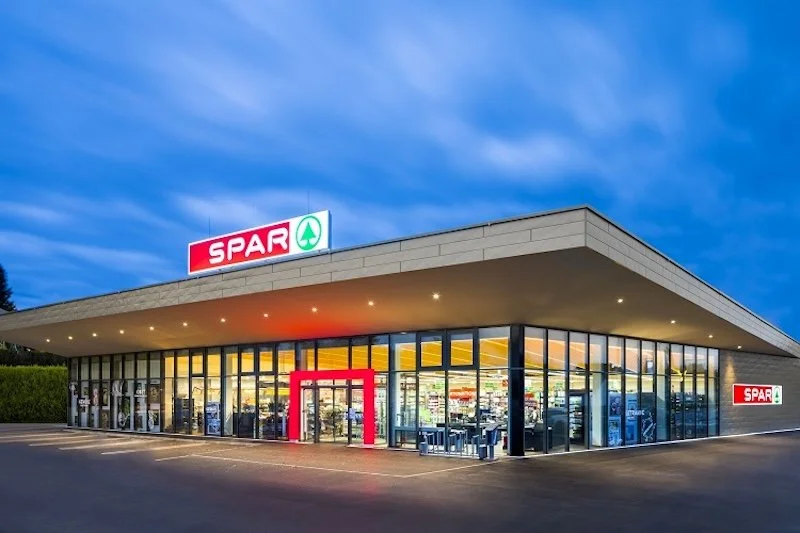

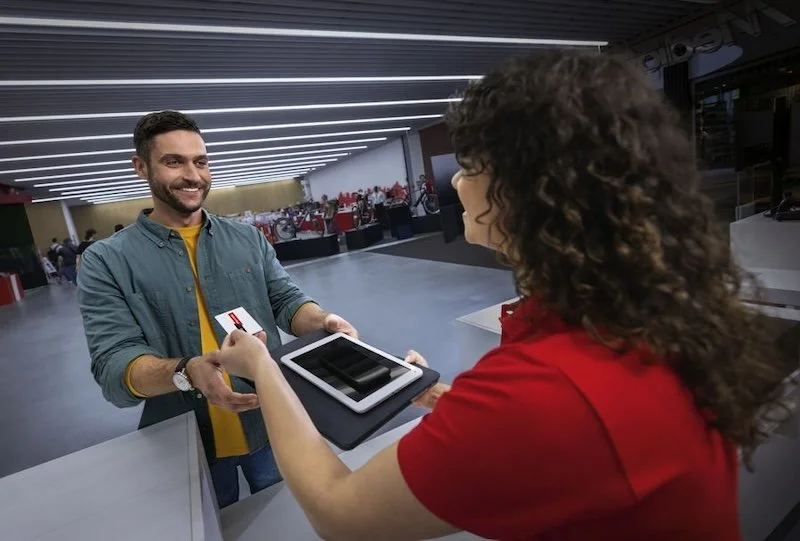
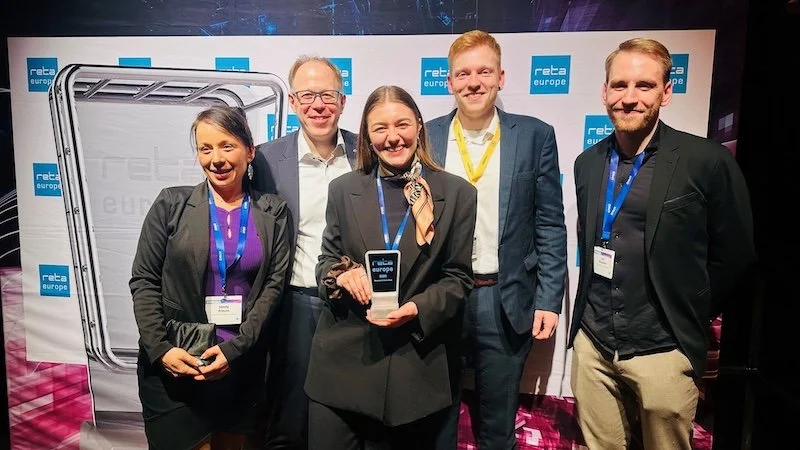



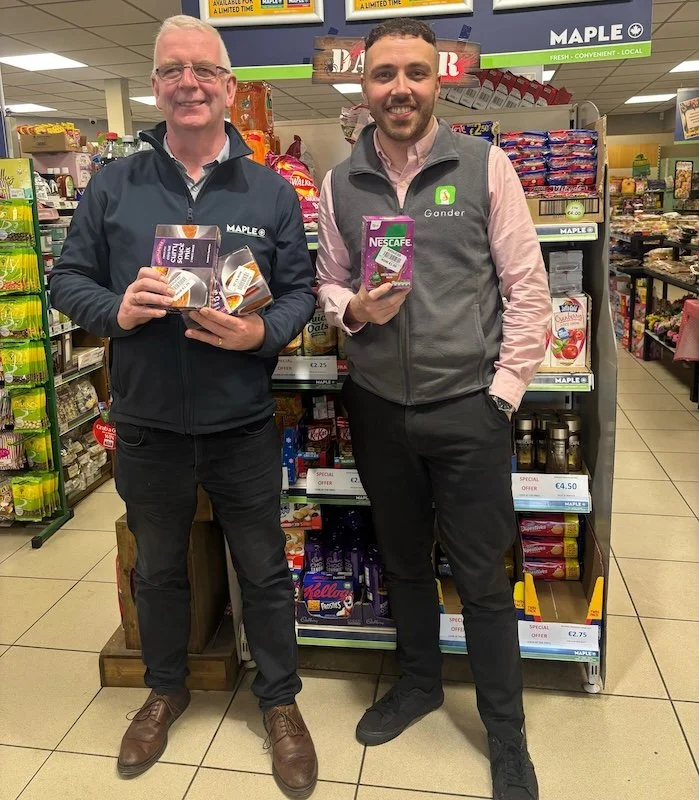

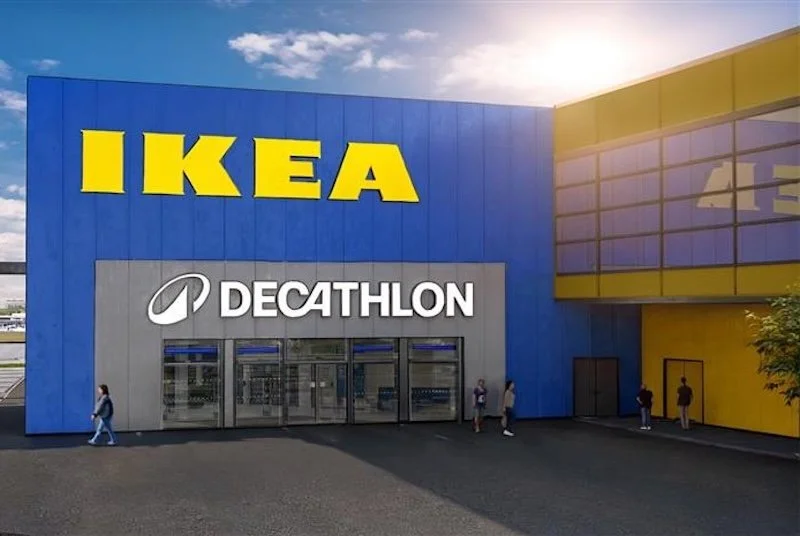

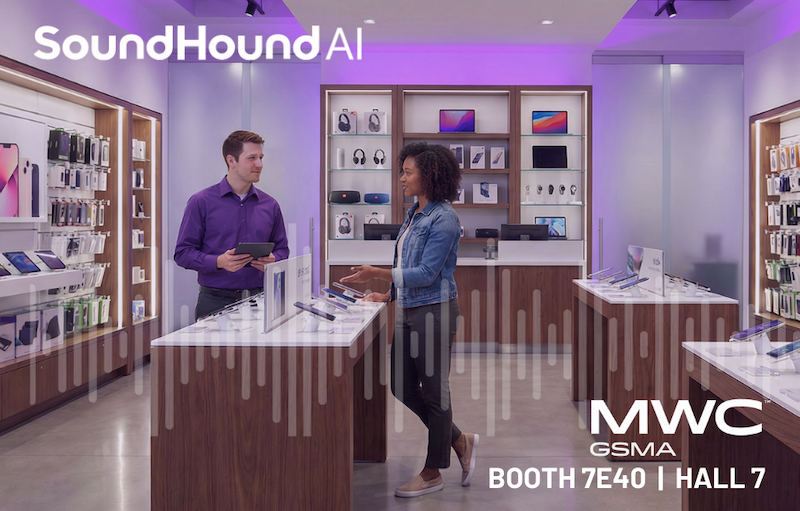
Continue reading…